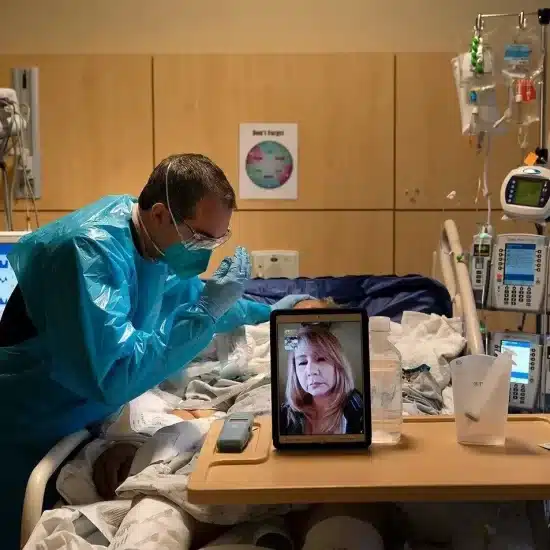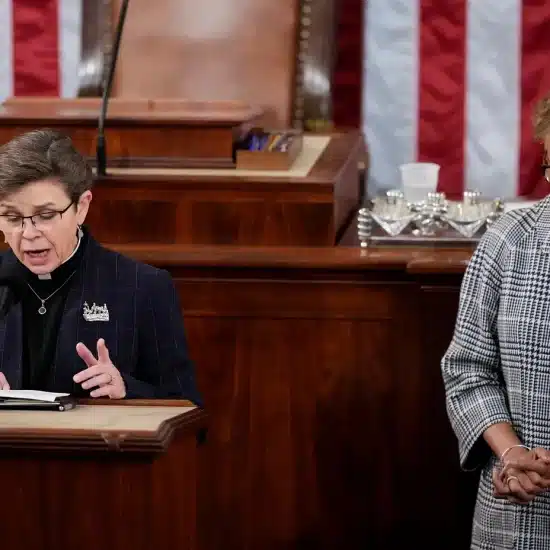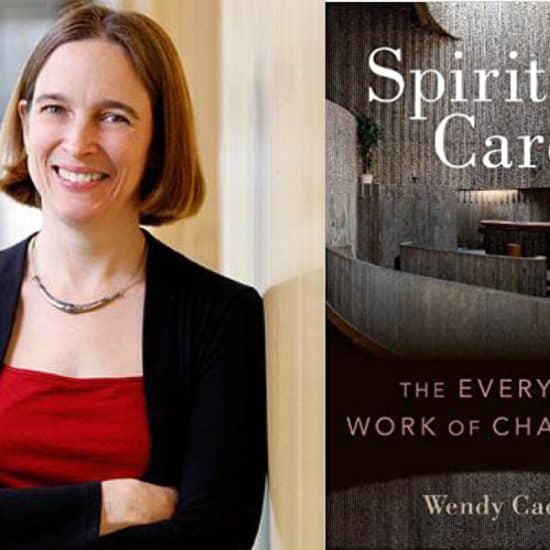
When the word “chaplain” pops up, many people likely conjure up the image of a pastor serving alongside military soldiers or making the rounds in a hospital or prison.
 Gerry HutchinsonYet, chaplains can be found on the sidelines of sports teams, on university campuses, in police and fire stations, in business offices or even in a neighborhood. Chaplains serve where people are. Gerry Hutchinson, endorser for chaplains and pastoral counselors for the Cooperative Baptist Fellowship, sees chaplains as a vital part of ministering in today’s world.
Gerry HutchinsonYet, chaplains can be found on the sidelines of sports teams, on university campuses, in police and fire stations, in business offices or even in a neighborhood. Chaplains serve where people are. Gerry Hutchinson, endorser for chaplains and pastoral counselors for the Cooperative Baptist Fellowship, sees chaplains as a vital part of ministering in today’s world.
“I think there will always be a need and opportunity,” he explained, “for chaplains and pastoral counselors to extend the reach and presence of the church in specialized settings where congregational ministers do not routinely have access: with service members in combat; in the workplace; with police, fire and EMT personnel in the midst or aftermath of trauma; with those who do not participate in a faith community yet experience trauma, health crises and/or the death of a loved one; jails and prisons.
“Not only are chaplains and pastoral counselors present, they bring specialized training and experience to minister in such circumstances,” he added. “We are able to be present with people as they dwell with pain and loss, and we do so because Christ’s love compels us.”
Hutchinson, a Navy chaplain for more than 25 years, leads CBF’s efforts in assisting people with discerning a call to chaplaincy ministry, endorsing individuals to minister as chaplains and providing “professional and personal support for CBF-endorsed personnel.”
CBF recently celebrated its 1,000th endorsement of a chaplain or pastoral counselor.
Hutchinson said the area of chaplaincy ministries is seeing many changes as chaplains seek to best serve people who need care. Shifts he noted included impacts of changing technology, the “developing sub-specialties in treatment fields such as post-traumatic stress, traumatic brain injury, alcohol and drugs and mental health” and the growth of “non-tradition settings” like community chaplains who serve a neighborhood or housing development.
Hutchinson also noted a shift in the language describing the ministry of chaplains.
“A shift in nomenclature from ‘pastoral care’ to ‘spiritual care’ to more effectively communicate with those who do not come from a religious background where ‘pastoral’ is a helpful or accurate description,” he explained.
“Spiritual care is a big tent kind of descriptor. A Midwest chaplain in a community hospital recently told me of a time when she was called upon by the leaders of an Islamic Center to provide spiritual advice to them as they gathered at her hospital to make a decision concerning one of their members who lost a loved one.”
Engaging in chaplaincy ministry
Bobby Smith, director of chaplaincy relations for the Baptist General Convention of Texas, views chaplaincy as “a vibrant and growing area for ministry.” He noted that one out of every five chaplains endorsed by the BGCT is a woman. The BGCT endorses chaplains outside of Texas, including some in Missouri through a partnership with Churchnet.
Smith explained his office works in four areas: “helping chaplains identify their calling in chaplaincy ministry and bringing that to a point of endorsement,” “providing pastoral care and support for chaplains and their families,” “trying to provide the best training and continuing education so that chaplains will have all the tools in their toolbox that they need to be great minsters of the gospel of Jesus Christ” and “crisis response” through Texas Baptist Men and other initiatives.
Even for those not involved in chaplaincy, Smith sees ways to support this type of ministry beyond merely providing financial support.
“Pastors and congregations need to identify chaplains and love them, support them,” he said.
Smith also thinks churches could utilize chaplains better as chaplains can “help enlarge the pastoral care abilities of their church members” by teaching people “how to do pastoral care in the name of Jesus Christ.” The BGCT provides 10 courses to help give church staff — not just chaplains — more “tools in their toolboxes” for pastoral ministry like suicide intervention, crisis response and funeral messages.
Smith believes such training remains critical as chaplaincy and pastoral counseling will play a vital role in the future of ministry.
“Chaplaincy is pastoral care in very specific settings beyond the walls of the church,” Smith said. “That is a growing reality, an ever-expanding horizon.”






